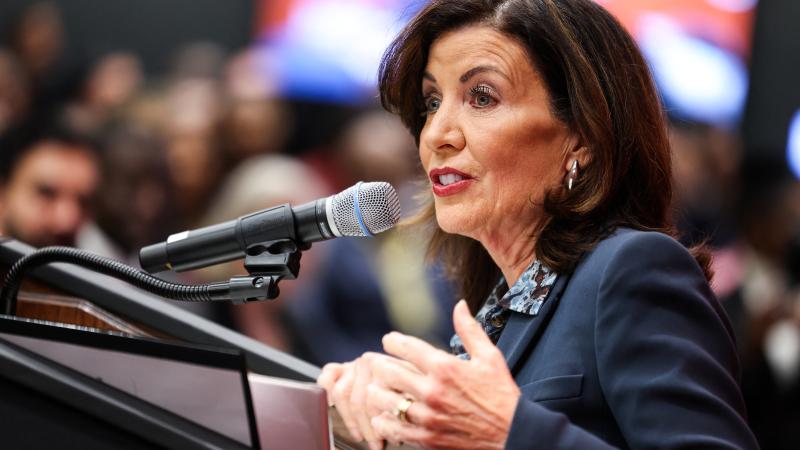Virginia attorney general urges Google not to censor crisis pregnancy centers
“Google has two options – protect the freedom of the marketplace of ideas or face legal consequences,” AG Jason Miyares said
Virginia Attorney General Jason Miyares wants Google not to censor crisis pregnancy centers in search results in a pushback against Democratic lawmakers who have condemned them in recent weeks.
Crisis pregnancy centers are often nonprofit organizations that provide pregnant women with resources and services to assist with pregnancy and childrearing. Some operate as clinics and provide sonograms and other services for pregnant women. These organizations discourage women from getting abortion and often offer to help with alternatives, such as adoption or financial assistance.
Several Democratic lawmakers urged Google to censor these centers in search results and claimed they are fake clinics. In response, Miyares and Kentucky Attorney General Daniel Cameron sent a letter to Google discouraging them from censoring the organizations. Another 15 attorneys general signed onto their letter.
“Google has two options – protect the freedom of the marketplace of ideas or face legal consequences,” Miyares said in a statement. “American consumers expect diversity of opinion and thought. The idea that elected officials are both advocating for the removal of private charities and encouraging Google to outwardly discriminate against crisis pregnancy centers and silence voices different than their own is appalling.”
The letter decried “gallingly un-American political pressure” from Democratic lawmakers and warned the search engine that “if you fail to resist this political pressure, we will act swiftly to protect American consumers from this dangerous axis of corporate and government power.”
In the letter, the attorneys general stated Google has monopoly power over search results by accounting for more than 90% of the country’s internet searches. They argued that censoring these centers would potentially be an antitrust violation. If Google chooses to censor these groups, the attorneys general stated that would launch an antitrust violation investigation, investigate whether it is religious discrimination and consider whether additional legislation is necessary to “protect consumers and markets.”
The attorneys general requested Google to respond to the letter within 14 days.















